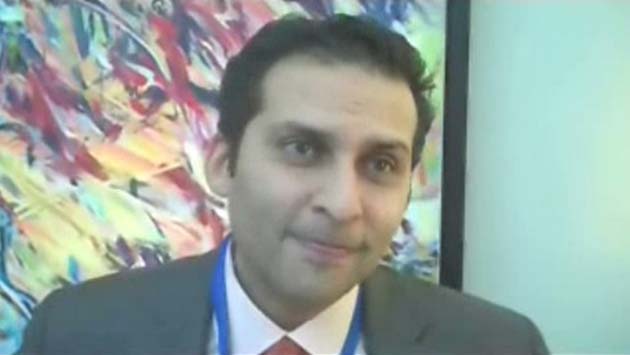Understanding Islam and Science

Get the world’s most fascinating discoveries delivered straight to your inbox.
You are now subscribed
Your newsletter sign-up was successful
Want to add more newsletters?

Delivered Daily
Daily Newsletter
Sign up for the latest discoveries, groundbreaking research and fascinating breakthroughs that impact you and the wider world direct to your inbox.

Once a week
Life's Little Mysteries
Feed your curiosity with an exclusive mystery every week, solved with science and delivered direct to your inbox before it's seen anywhere else.

Once a week
How It Works
Sign up to our free science & technology newsletter for your weekly fix of fascinating articles, quick quizzes, amazing images, and more

Delivered daily
Space.com Newsletter
Breaking space news, the latest updates on rocket launches, skywatching events and more!

Once a month
Watch This Space
Sign up to our monthly entertainment newsletter to keep up with all our coverage of the latest sci-fi and space movies, tv shows, games and books.

Once a week
Night Sky This Week
Discover this week's must-see night sky events, moon phases, and stunning astrophotos. Sign up for our skywatching newsletter and explore the universe with us!
Join the club
Get full access to premium articles, exclusive features and a growing list of member rewards.
This ScienceLives article was provided to LiveScience in partnership with the National Science Foundation.
Salman Hameed holds an endowed chair and is an assistant professor of integrated science and humanities at Hampshire College in Amherst, Massachusetts. He also serves as director ofthe Center for the Study of Science in Muslim Societies. The center focuses on investigating the roles and reception of science in Muslim societies, with the goal of understanding how social, political, historical and religious factors influence — and are influenced by — the methodologies and findings of science. It examines Muslim societies across the world, including diaspora or immigrant communities in the West. The center takes an interdisciplinary approach that includes the perspectives of history, sociology, philosophy, anthropology and science education. Hameed was interviewed at the annual meeting of the AAAS held in Washington, DC in February 2011, after he participated in a session entitled, "The Challenge of Teaching Evolution in the Islamic World." Check out his responses to the ScienceLives 10 Questions in the video below.
Name: Salman Hameed Institution: Hampshire College Field of Study: Integrated Science & Humanities
Editor's Note: This research was supported by the National Science Foundation (NSF), the federal agency charged with funding basic research and education across all fields of science and engineering. Any opinions, findings, and conclusions or recommendations expressed in this material are those of the author and do not necessarily reflect the views of the National Science Foundation. See the ScienceLives archive.
Get the world’s most fascinating discoveries delivered straight to your inbox.
 Live Science Plus
Live Science Plus











